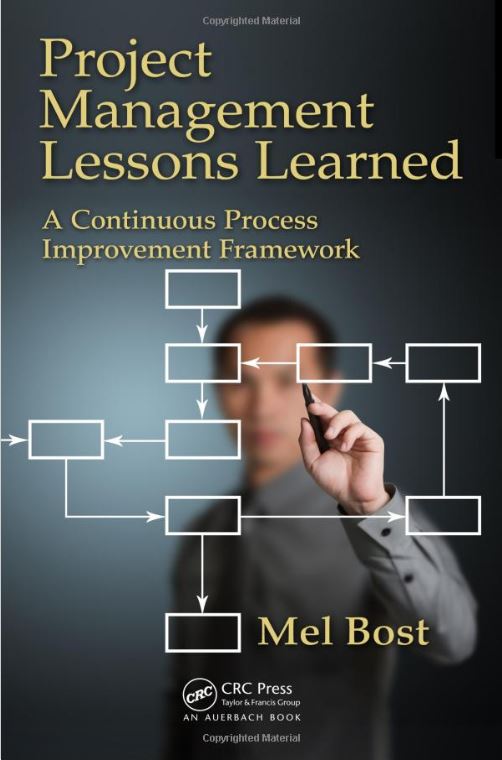When small businesses are formed, the owners are most often concerned with day-to-day operations. If a small business was launched to provide a product or service, the daily maintenance of that product or service is the chief interest of the business team. The financial viability of the small business is dependent on the immediate revenues generated by the day-to-day operations.
The Role of Projects in Small Business
If you have attended any of the SCORE workshops on “Creating a Strategic Plan for your Business,” you know that having a clear vision of what the business wants to accomplish is so important t to the success of the business long run. A key ingredient of the Strategic Plan is an assessment of the Strengths (S), Weaknesses (W), Opportunities (O), and Threats (T). Vision and Mission are the results of the SWOT Analysis. I encourage SCORE members to attend these workshops because they are the essence of deciding your role in the business community.
Day-to-day operations are certainly important in defining the business processes that will deliver the products and services immediately. But small business owners always ask the question “Where does my Strategic Plan lead me?” The answer tis that the SWOT analysis from the Strategic Plan leads to how the business sees itself in the future. In order to create that future, “projects” are identified and employed to turn “strategy” into “action.” Projects are those longer-term efforts that develop plans, schedules, resources, and milestones that will help the organization achieve its future state. Inevitably, projects are longer-term in nature and require leadership and vision to turn the SWOT into reality.
You don’t have to be Certified in Project Management to use project management principles. The project management framework is the application of structure and discipline to know when things are proceeding as planned and when they need to be recalculated, replanned or rescheduled. In fact, a simple project management application was recently introduced known as “Monday.com.”
Note: Proceed with caution when applying this certification principle because any project initiated by a business that involves municipal or government approvals or permits, any project which employs third party vendors to approach a large dollar project or any project involving state to state operations will usually require a Certified Project Manager (PMP).
The combination of day-to-day operations and longer-term projects to create the future is a good characterization of the structure of small business. It takes both to realize the full intent of business operations.
SCORE Mentors can provide the background and direction for both day to day operations and project management. Click here to schedule a free mentoring session.
This blog article originally appeared on the SCORE Greater Phoenix blog available here.

Leave a Reply